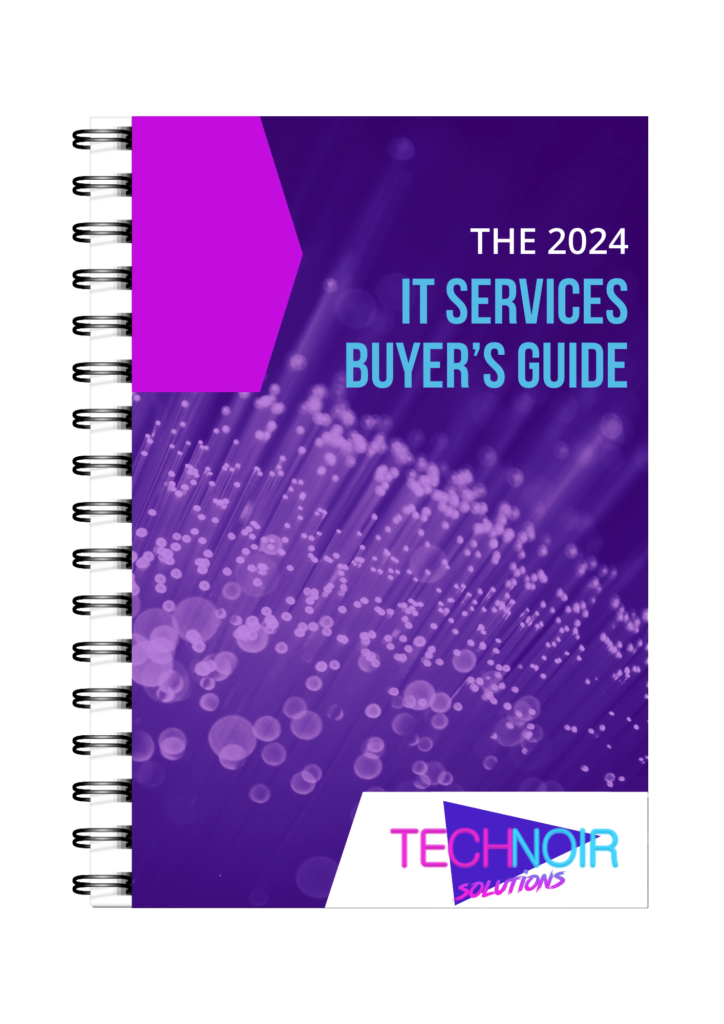Unlock the power of
....the cloud ....collaboration ....managed it ....managed teams ....process automation ....digital transformation for your business
Better Chicago Based IT Support. Guaranteed.
Comprehensive, holistic Technology For Businesses


Expert IT Management Services

Process Automation
Through advanced technology automation, our digital transformation solutions transform your business operations. By automating critical but time-consuming tasks, we empower leaders to focus on strategic decision-making and innovation. Through the use of technology automation, we ensure significant process improvements and superior business outcomes.

Imagine having a department of IT engineers with various skill sets, who are there when you need them. No need to worry about vacations, sick days or a skills gap for your techs. Now consider having C-level insight on policy, process and strategy. Having a team like this creates efficiencies that create the right business outcomes.

Las Vegas is for gambling. Cybersecurity is not.
Everyday there more and more rogue actors who want to take your money and data. Our goal is the prevent the bad guys from creating havoc by implementing the correct redundancies, security tools, policies and methodologies.
We take security very seriously.

Moving to the cloud is called Digital Transformation and it is a powerful way to amplify your businesses in the 21st century. With a migration assessment and a cloud implementation roadmap your business can be on the road to the cloud. Cloud cost optimization and custom development are available too.
Our team has over two decades of experience installing data cabling, fiber-optic cable, data centers and internet connectivity in commercial facilities nationwide. Our team has a detailed knowledge dealing with new construction, renovations, moves and legacy buildings.

Application Development
The power of seamless application integration cannot be overstated. We specialize in crafting custom applications that are not just innovative but create virtual lifelines that connect your business's diverse applications into one cohesive, powerful system. Our tailor-made solutions are designed to elevate your operational efficiency and open doors to unparalleled business growth.
Managed IT services can provide the necessary support and resources to ensure that the IT infrastructure grows alongside the business, minimizing disruptions and allowing for seamless expansion.
This is it.
The 2024 IT Services Buyer's Guide.
Each year we compile, what we consider to be, the most important areas of technology that will directly affect businesses in the upcoming year. This information takes input from many of our senior team members who work with our clients, day in and day out. These people are on the front lines of technology and are good indicators of what’s to come.
At the beginning of each year we offer this guide, free, to anyone who would like a roadmap of technological hot buttons for the upcoming year.
We only offer this for a short time, so get your copy while it is still available.

Complete this form to download.
"*" indicates required fields
Delivering secure technology-based services, solutions, and support focused on Microsoft 365, Azure, and Teams integrations.
Helping your organization achieve, substantial outcomes, while improving the experience and efficiency of your people.
This is what we do.

WHY IT MANAGEMENT WORKS
With over a decade of prior experience as a CIO, I understand the crucial role of delivering exceptional IT service and support. Just as important is the alignment of business and technology, which can be an enormous benefit to businesses.
At TechNoir Solutions, we prioritize delivering outstanding customer service and fast resolutions to complex technical problems. As a Chicago Managed IT Services company founded by a Chief Information Officer, our experience in aligning technology and business is our core difference from every other Managed IT Services company. We have designed our team and processes to enable and optimize technology solutions for the needs of businesses in Chicago.
In closing, Managed IT Services in Chicago, such as those offered by TechNoir Solutions, are indispensable for businesses looking to thrive in a rapidly evolving (and confusing) technological landscape. Whether you require scalable IT infrastructure or robust data security, our team is here to provide exceptional service and support. Enabling you to focus on achieving your business goals is our priority. Experience the difference with TechNoir Solutions, your trusted partner in Chicago Managed IT Services.
WHAT YOU CAN EXPECT
Timeline To Success
Streamlined technology creates the right outcomes.
HOW IT BEGINS
The First 90 Days With TechNoir Solutions
Optimize
In the first 90-days, we gather KPIs on current systems, driving value from your IT investment.
- Full documentation and inventory of systems in our management tool.
- Standardize network systems based on TechNoir Solutions’ best practices
- Gather metrics on performance, unresolved issues and budgets
- Prepare for Q1 business review
Onboard
In the first 90-days, we schedule time to begin the process of onboarding your systems.
- Schedule and review our support process with your team
- Proactive, 24×7 critical alert monitoring installed on all covered equipment
- Full security assessment and remediation implementation
- Begin Microsoft software and security patch management process
- Transfer of Office 365 mail management
- Configure data backup monitoring and management
- Audit accounts to determine what accounts can be shut off to save on OpEx
- Coordinate transfer of administrative accounts from vendors
Don't Just Take Our Word For It....

"TechNoir Solutions is great at scaling to meet needs and creating the best final product possible. They proactively look for ways to improve our outcomes. They’re a great team that looks at all aspects of our business to find ways to leverage technology to create efficiencies and cut costs".
TechNoir Solutions Articles and Blogs

Uh oh! You’re at greater risk of malware than ever before
Small and medium-sized businesses are at more risk of a malware attack than ever. It’s time to take action to protect your business. Here we tell you how.

Be more productive with these Microsoft Edge features
In the never-ending mission to be more productive, the latest Microsoft Edge browser could be a powerful ally. We’re telling you about 3 of its best productivity features.

Is this the most dangerous phishing scam yet?
Bad news: Cyber criminals have yet another new phishing scam up their sleeves and it could be the most dangerous one yet. They’re using genuine subdomains that have been abandoned. We tell you how to stay safe.
